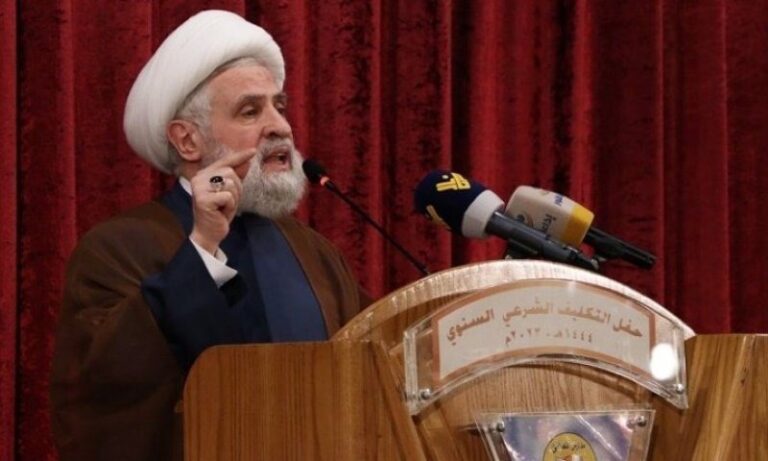Prime Minister Netanyahu has had a week and two days to present a government in the Knesset, but judging by the current conduct, it seems that the remaining time may lead to the failure to form a new government. What are the scenarios in case this actually happens, and Netanyahu will not succeed in forming a government until next Wednesday, May 29, 2019?
According to the law, the mandate Netanyahu received from the president is a maximum time. First the 28 days he received from the president, and then another 14 days granted to him, an extension provided under the law.
In the event that Netanyahu fails to form a government, the president will hand the mandate to another Knesset member. The law does not define whether it is an MK who drives a rival to the one who received the first opportunity, and therefore the president can impose the coalition’s attempt on each of the 120 MKs, except that MK (in this case, Netanyahu) who received the first opportunity.
In contrast to the post-election process in which the president has to consult with faction leaders, in this case the president is not obligated, but he is entitled to do so, and to consult with representatives of the factions again.
The candidate who will receive the mandate from the president will receive 28 days in an attempt to form a coalition, but this period will not have an extension similar to that received by the first candidate.
https://www.instagram.com/p/BxuDlzdAxop/
In the event that the same candidate did not succeed in forming the government, he is in no hurry to go to the elections, because there is another and last opportunity, which is that most Knesset members will submit a signed letter recommending a specific MK who will form the next government. The candidate will receive within two days from the president a period of 21 days in an attempt to establish the government.
In the event that such a request is not submitted to the president, the president shall inform the Speaker of the Knesset of the inability to form a coalition and a government, and thus the Knesset shall be deemed to have decided to dissolve the Knesset.
According to estimates, if and when Netanyahu reaches a situation where he cannot form the coalition, the president will place the task on Benny Gantz, chairman of Blue and White party. It will be hard to see Rivlin, as a state president, giving the opportunity to someone else in the Likud.
However, according to all calculations for Gantz, it will be difficult to form a coalition, due to the numbers that do not allow him to reach 61 members in the Knesset.
If and when Netanyahu does not succeed, Netanyahu is likely to make a political maneuver here, and during the days when his political rival – Gantz will try to form a government – he will continue with quiet negotiations, and when Gantz announces that he has not succeeded in forming a coalition, 61 or more MKs will submit a letter to the president recommending that Netanyahu receive the mandate again.
Their letter recommending Netanyahu. In such a case, it seems that the law does not limit the possibility of granting Netanyahu the mandate again.
In such a case, it seems that the law does not limit the possibility of granting Netanyahu the mandate again.
(YWN Israel Desk – Jerusalem)












2 Responses
The best option would be if they end up going to elections again. The chareidi parties only stand to gain because chances are that they wouldn’t lose anything and maybe even gain more plus you have Bennet who probably learnt from his mistakes and he would join and that would give another two or three mandates and leiberman would be out of the way and he can go back to the gulags.
So in the end chareidim stand to gain a lot and maybe even have a “minyan” as maran sar hatorah said when informed that they won 8 (which later went down to 7)
Hard to read. Please consider editing after using google translate:)